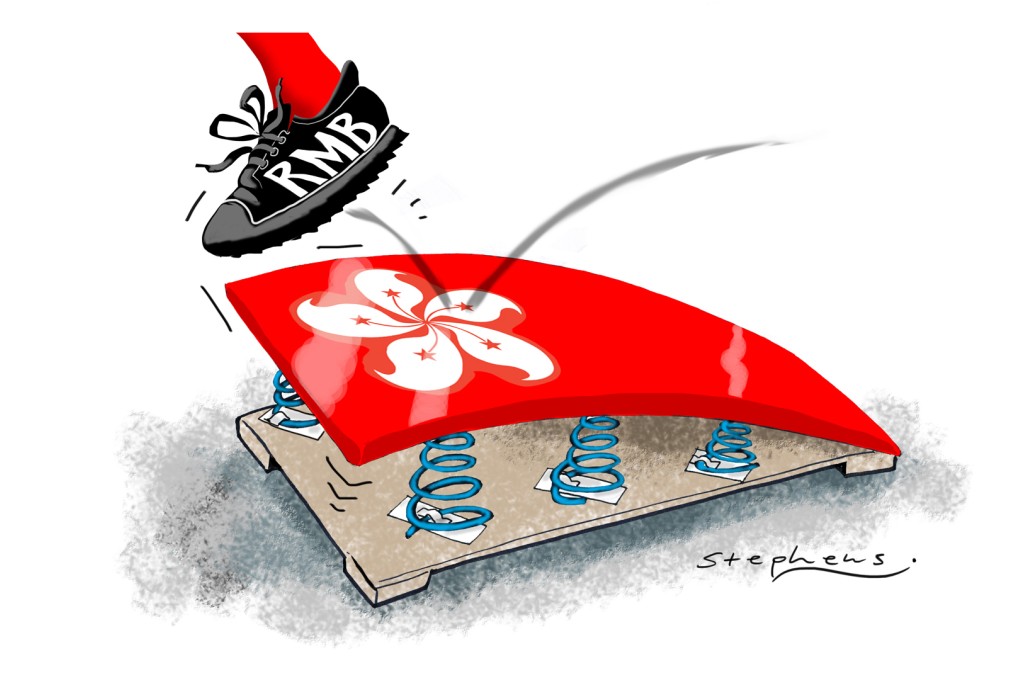Hong Kong's strength in financial services can serve the nation's Silk Road ambitions
Peter Wong says Hong Kong, as the premier centre for offshore renminbi business, would be a natural home for the financing centre of China's ambitious 'One Belt, One Road' initiative

In response to the expected flat growth of world trade and moderating economic activity at home, China is packaging a series of initiatives to help bolster both. Its recently announced "One Belt, One Road" plan embraces twin goals to tackle these challenges.
"One Belt" refers to the economic belt along the traditional Silk Road connecting China with Europe. The "One Road" is the new Maritime Silk Road between China, Southeast Asia and Africa. The aim is for China to invest in the infrastructure and linkages associated with these "roads" to help bolster its overseas trade. This, in turn, will stimulate production and consumption demand at home.
In one policy, China hopes to address challenging internal and external economic headwinds and rebalance its economy. By "rebalancing", Beijing intends to promote the development of a consumption-led economy, to supplement its traditional success in exports. The policy will also have the planned benefit of spurring economic growth in its laggard western provinces, to complement the economic dynamos in the east. If all goes to plan, President Xi Jinping estimates that "One Belt, One Road" will foster annual trade volumes, between China and the "belt and road" countries, surpassing US$2.5 trillion in the next decade. The policy is expected to benefit a massive 4.4 billion people in 65 countries.
An example of how it is intended to work is in infrastructure development. China has far more steel than it needs. A shrinking construction market at home has meant a surplus is piling up. Meanwhile, many developing countries in Asia suffer from massive infrastructure deficits. China has the capital, expertise and excess capacity to bridge these gaps. By investing in Asia's infrastructure needs, China is helping Asian economic development abroad and priming demand for its domestic heavy industry at home.
The policy will reinforce China's position in Asian trade and transport. Its vast transport and shipping sectors will be the biggest beneficiaries. Agriculture, textiles, telecommunications, financial and hi-tech sectors are also expected to see knock-on benefits.
China's western provinces that are set to benefit from the Silk Road renewal include Gansu , Qinghai , Shaanxi and Shanxi , and there are plans to incorporate Inner Mongolia to the north - a total of 18 provinces and regions have been selected as key development zones.
